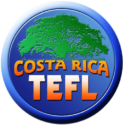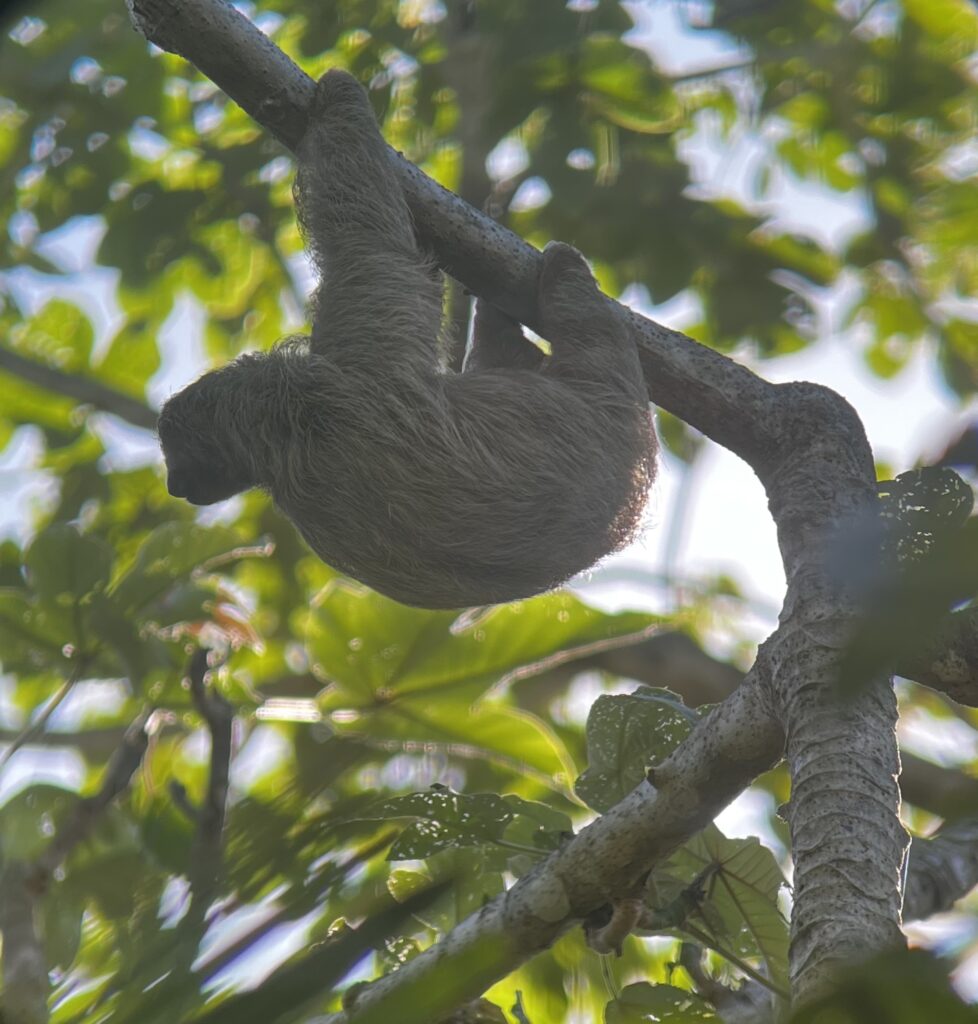Want to know more about our program? Here are our top 5 frequently asked questions!
1. What is the average salary for a teacher in Costa Rica?
Depending on if you choose to teach online or in-person after the program, salaries can differ. Although, we generally say that teachers in Costa Rica with their TEFL certification can expect to make between $800 and $1300 USD/month. This salary will be enough to pay rent and buy groceries, while leaving some leftover money to use for any other adventures you choose to do. Keep in mind that things such as hikes, waterfalls, and beaches are almost always free, so you don’t need to be spending lots of money to enjoy different adventures here in Costa Rica!
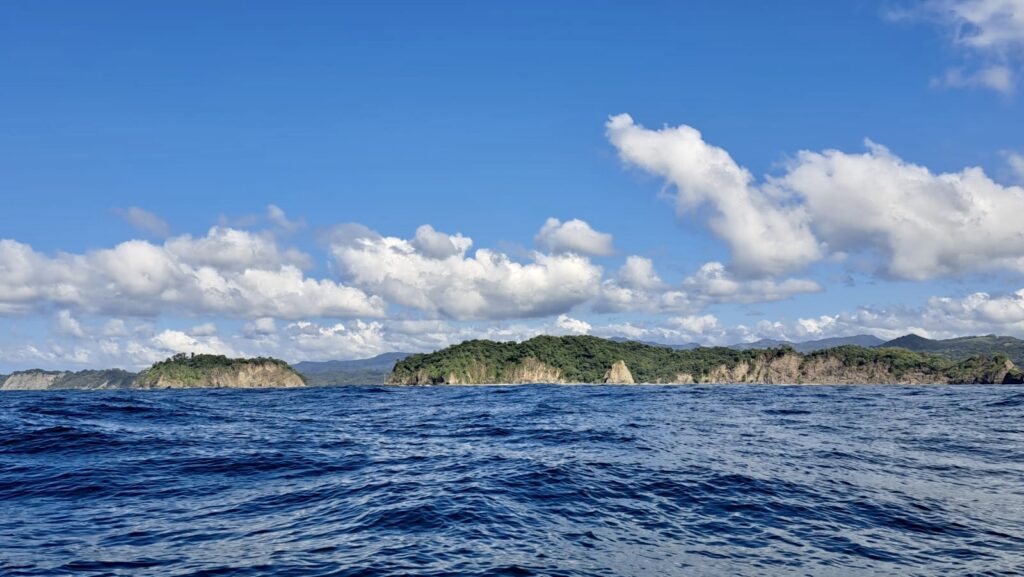
2. How does job placement work?
We guarantee lifelong job placement assistance for our graduates. Job placement assistance portion of the course week 2. We start by helping you to turn your current resume into a teaching resume relevant to your future TEFL career. We also go over what to expect when applying in Costa Rica and online. You will actually practice interviewing during this session so you are aware and prepared for the common interview questions for TEFL positions. Then students set up a meeting time with our director, Barbara, to go over your resume, where you want to teach (Costa Rica or elsewhere) and what type of school you want to work with (elementary/high school, language school, online school etc.) and then we send your resumes out to the schools we work with in Costa Rica and abroad along with recommendations based on your performance, commitment time etc.
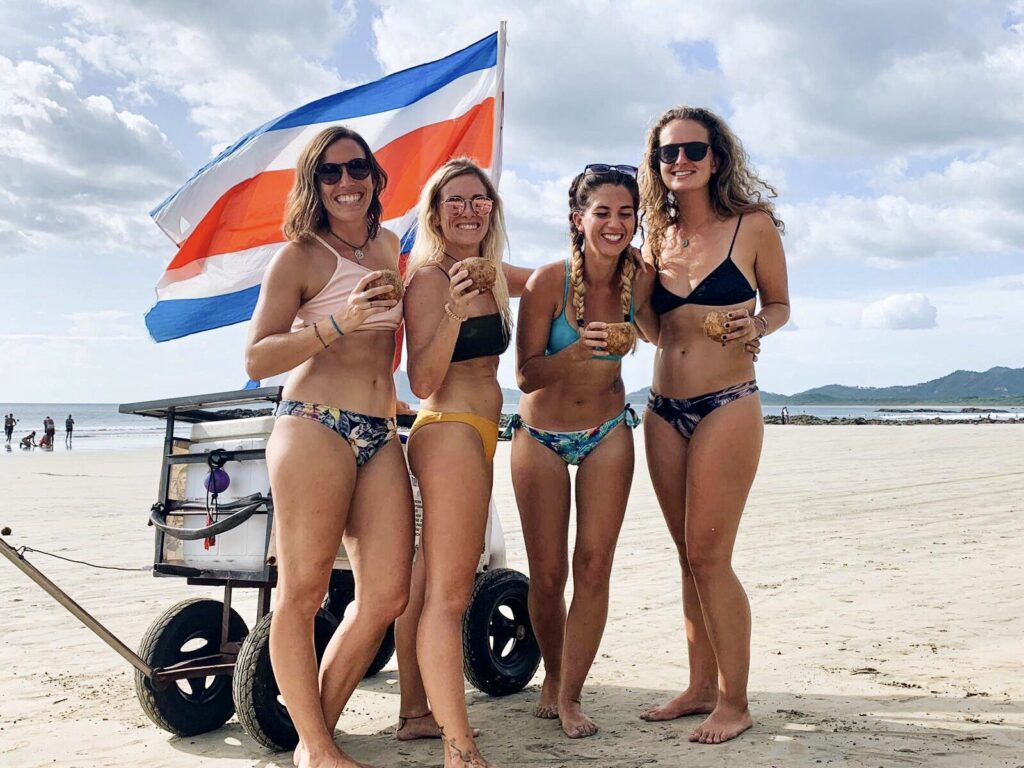
3. When is the best time of year to come do TEFL in Costa Rica?
Every time of year has something different to offer. The best time of year to come to Costa Rica to do your TEFL really depends on what you’re looking for whether it be weather conditions or commitment time or other. In Costa Rica, the dry season is from November to April and the rainy season is from May to October. During the dry season, you can expect little to no rain, lots of people, and clear skies at night. Whereas in the rainy season, you can expect the town of Sámara to be a bit quieter, with lush greenery, and cooler days. Regardless of when you come to Costa Rica, you will find that the beauty of the country never stops and there are always new adventures waiting!
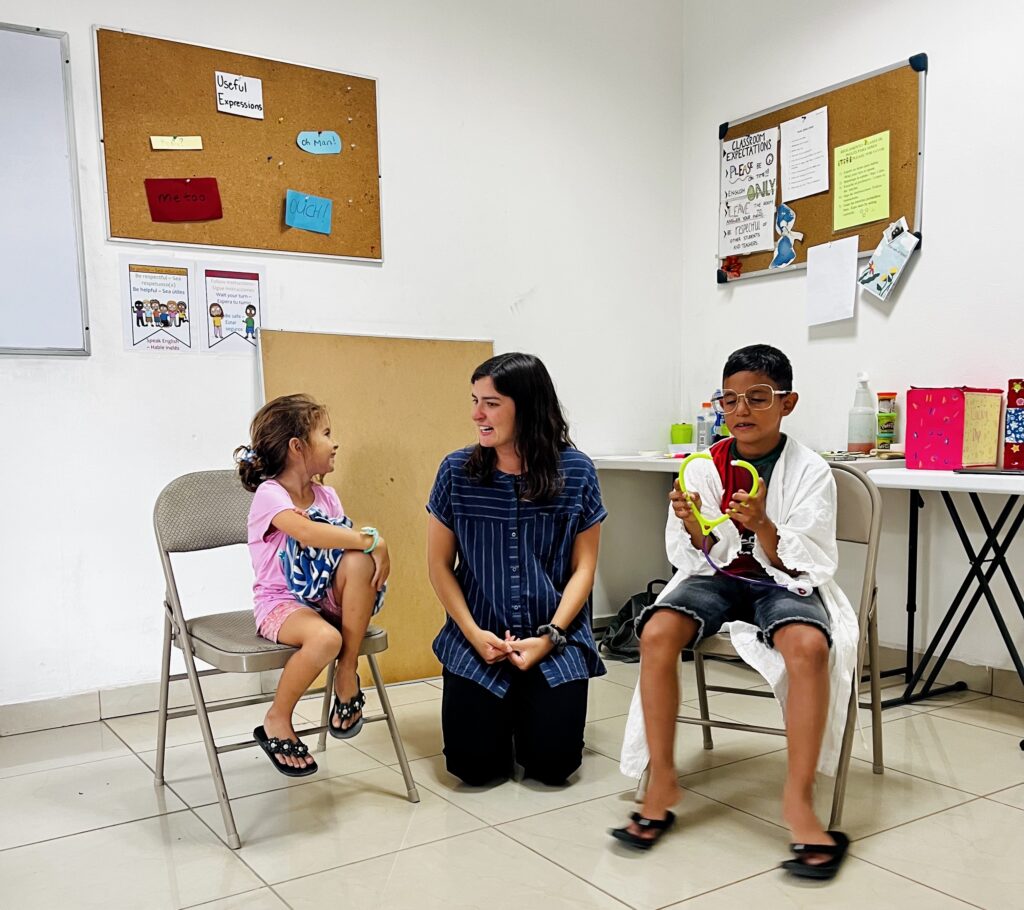
4. What does a typical day in the life of a Costa Rica TEFL student look like?
If you are an early riser, you will get the chance to go to the beach, enjoy free beach yoga, go for a walk, surf or do whatever you like before school starts. If you are not an early riser, no fear, you can still sleep in since school does not start until 10:30 am! Each week, we offer Spanish classes (twice a week) and yoga sessions (once a week) to our students (these are included in the course fee)! The daily school schedule is from 10:30am – 7:30pm with breaks in between. Then, once school is over, students like to go out for dinner or cook dinner at their accommodations. On the weekends, students often chill on the beach, go to jungle parties, go on hikes or tours, such as zip lining, horseback riding, kayaking, dolphin watching or travel to nearby towns.
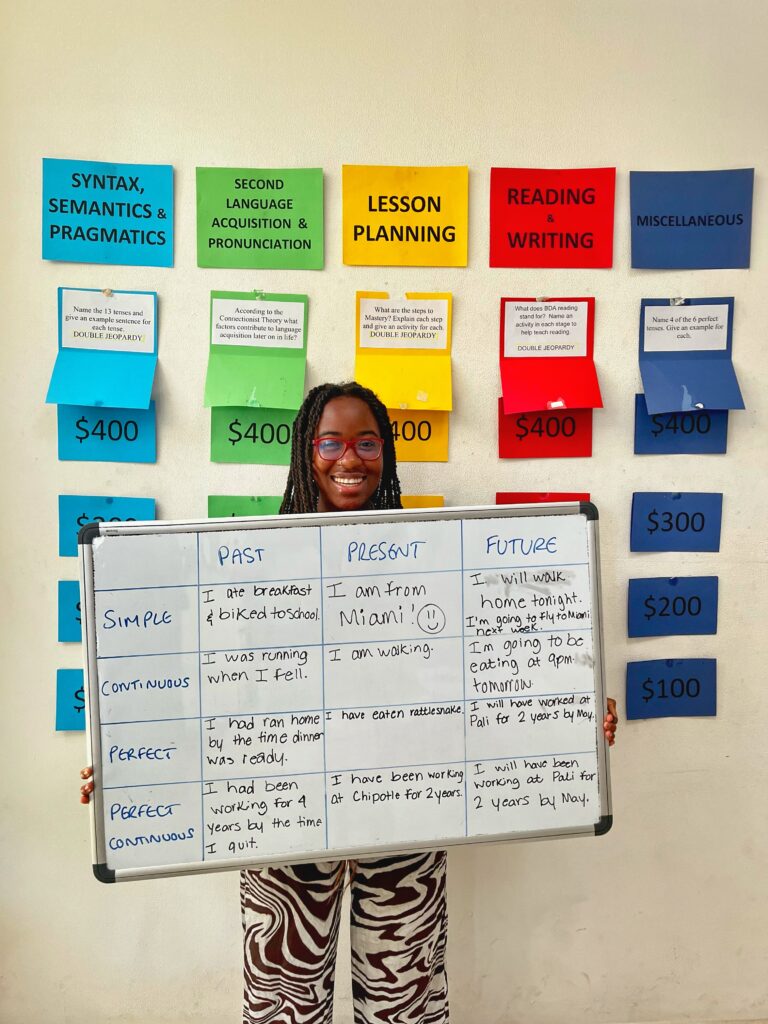
5. What is the town of Sámara like?
Sámara is full of life and has something to offer for everyone! Sámara is a small beach town on the Pacific coast of the Nicoya peninsula (one the 5 blue zones in the world). During the dry season, the town grows with tourists. On weekends and holidays, Costa Ricans visit Sámara to take advantage of the beautiful beaches and welcoming atmosphere. After living in Sámara for a month, you will likely won’t be able to walk down the road without seeing someone you know. Before you know it, you’ll feel like a local! Sámara is also a great place to practice your Spanish, the locals are always up for a chat at the grocery store, bar, or on the beach. Check out one of our recent blogs, Top 5 Things to do in Sámara, to learn more about our beautiful beach town.
If you have any other questions, please feel free to reach out to us via email at info@costaricatefl.com
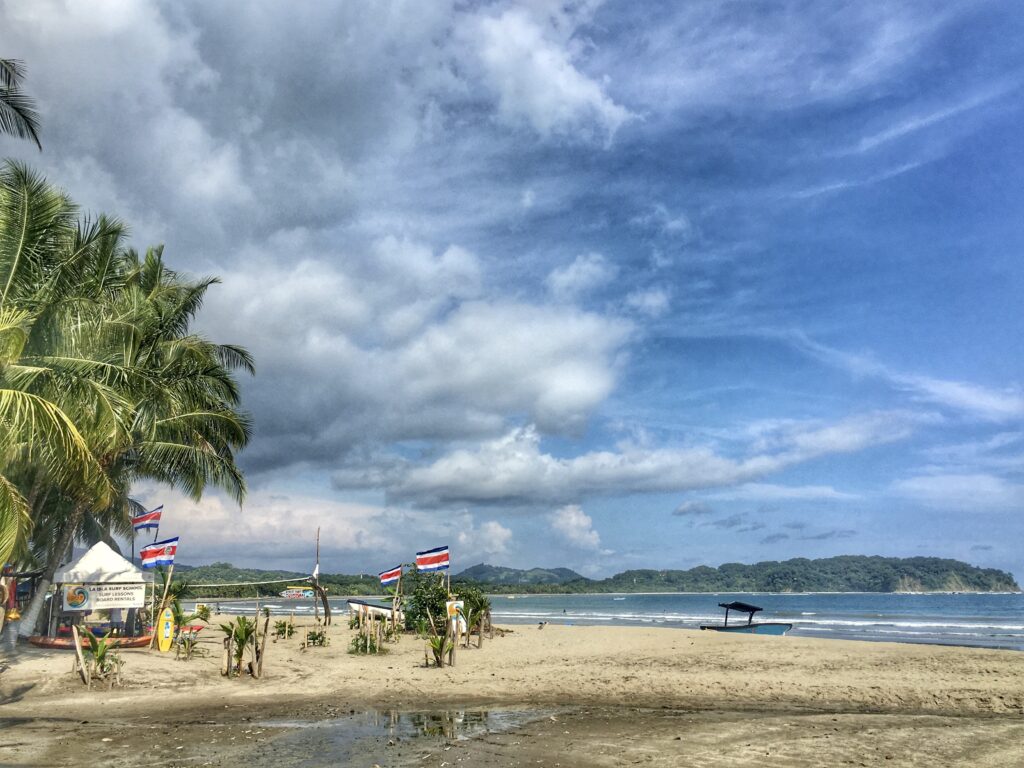
By: Lizzy Fenn
Administrative Coordinator, CRTEFL
